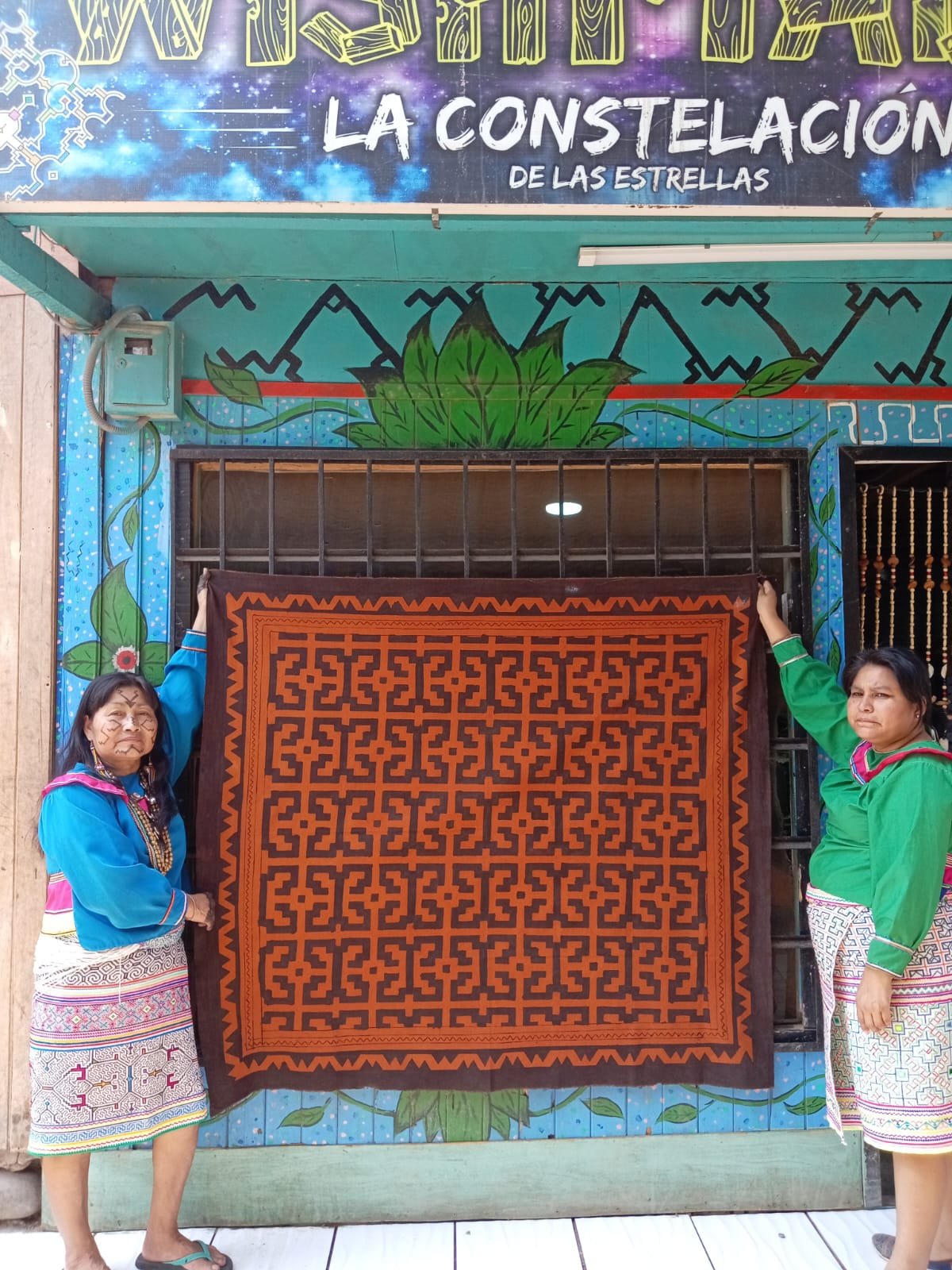The Artistic Language of the Shipibo—A Journey Beyond Art
Art is a language that transcends words—a way of seeing, feeling, and understanding a lived experience without translation. Some traditions speak in paint, others in thread. For the Shipibo people, it is in the intricate patterns of Kene—a sacred visual language that maps the natural and spiritual world.
And so it is with great excitement that we introduce the latest addition to Aracari Shop—an exclusive collection of Shipibo textiles by Wilma Maynas, a revered artist and guardian of this tradition.
Wilma moves with quiet precision, her brush dipped in pigments drawn from the earth, her voice rising in song as she traces each line. Every motif carries meaning: the jagged strokes of piraña teeth, the sweeping forms of the anaconda, the echoes of Ayahuasca visions that guide Shipibo shamans. Her textiles are more than art—they are vessels of memory, infused with the rhythms of the Amazon.
This once-hidden tradition is making waves across the world. Helmed by Shipibo artist Sara Flores and recent her collaboration with Dior, along with her upcoming exhibitions in London and the MALI Museum in Lima, both of which we will be attending in celebration of these remarkable works, Shipibo artistry is truly shaping global conversations.
Yet to truly understand this art form, you must go beyond the galleries. This is what Aracari does best—bringing you face-to-face with the people at the forefront of preserving tradition in a modern world.
In Rímac, Lima, home to the city’s largest urban Shipibo community, Wilma welcomes visitors into her world. This is not a typical studio visit—it is an encounter that lingers long after you leave. As she paints with natural pigments extracted from bark and earth, she sings, her voice carrying the weight of history. The final piece unfolds before you—not just a textile, but a story, a moment, a bridge between worlds.
Recently, our creative team spent time with Wilma before venturing deep into the Amazon. It was a fitting prelude—an introduction to the rhythmic language of the Shipibo, the way their art maps the unseen, the way their stories are woven not only into textiles but into the very fabric of their culture. This is the power of Aracari—taking you deeper, beyond the expected, into rare and transformative encounters.
Now, through the Aracari Shop, these masterpieces are available for the first time directly to our travelers. Yet since some things must also be felt in person, to find out more about visiting Wilma as part of a bespoke, art-woven journey through Lima and beyond, get in touch with our travel designers today.



